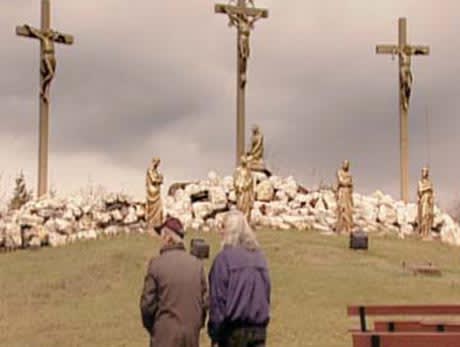"Nestor is the handle for one Louis-Joseph Hebert, a lively, colourful man who underwent unimaginable physical, emotional and sexual abuse in a Catholic-run orphanage during the Duplessis era. Though his group of orphans were denied compensation by the Quebec government, he still keeps up the fight, refusing to accept the pain he suffered will go unacknowledged by the state. This moving documentary contrasts his warm, "never say die personality with the terrible brutality he endured. Revisiting the now-closed orphanage, he tells chilling stories of his joyless childhood from being forced to pray under the penalty of violence to being called out on a whim to be raped by one of the monks, no opportunity was spared in the torment of these children. As counterpoint, were also introduced to some of the unwed mothers who gave birth to these wards of the church and who dealt with their own suffering at the hands of the nuns who took their babies and treated them with contempt. The portrait is that of a system out of control and beyond the law, but Nestor refuses to be destroyed by the experience and protests regularly with other orphans in an attempt to get the recognition they deserve. The films subject proves to be a warm, vibrant man with immense generosity of spirit; hes even willing to acknowledge the beauty of an imitation Calvary used by the orphanage despite its terrible associations. Hes also aware of not only his suffering but that of his fellow orphans and enters the struggle as much for them as for himself. Through him, the film performs a small miracle, snatching affirmation from the jaws of awesome misery. Extras include French-only interviews with cast and director, and a photo gallery.
(Seville)Nestor Et Les Oublies
Benoit Pilon

BY Travis Mackenzie HooverPublished Jul 4, 2007



